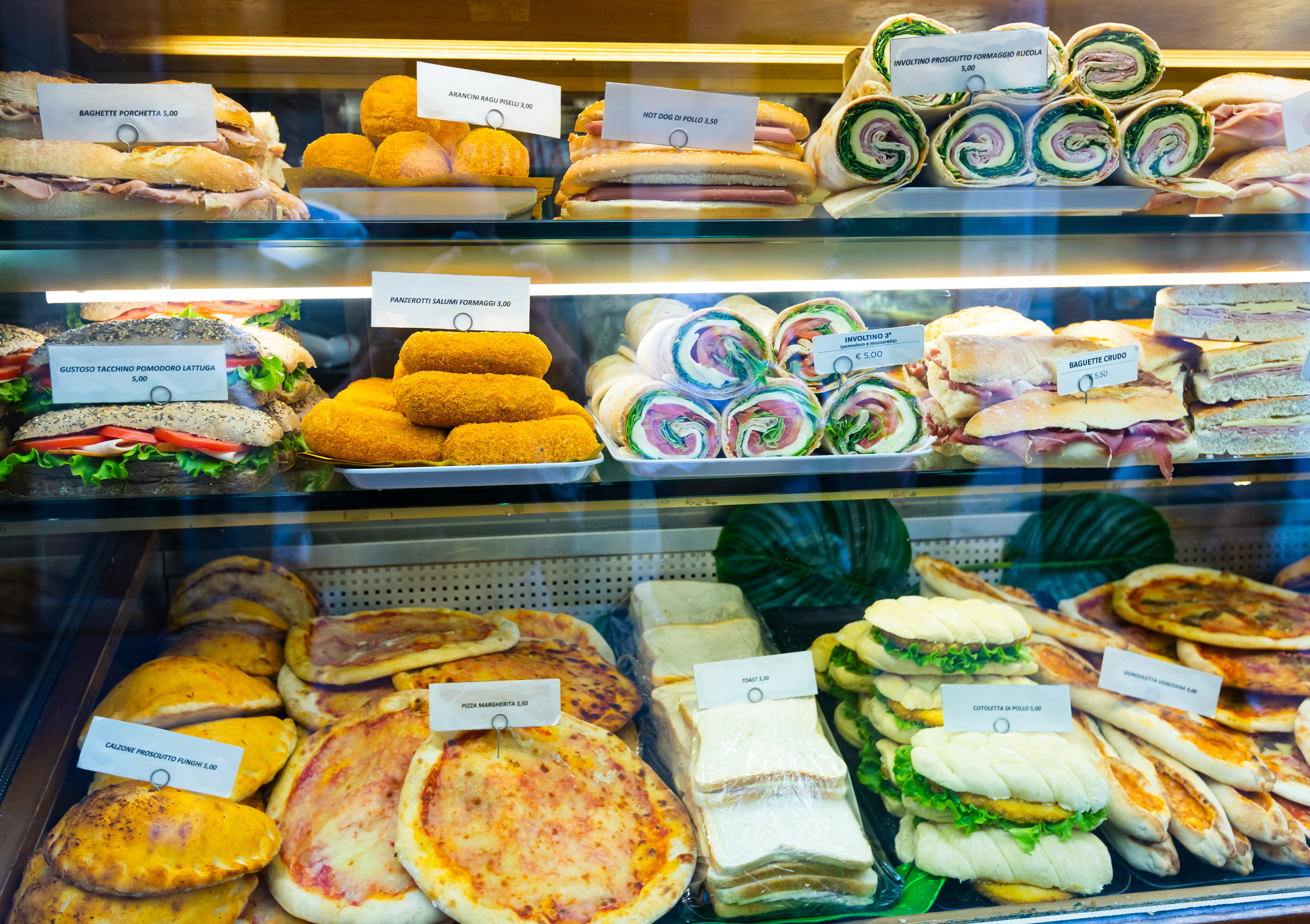Inflation has already driven up grocery bills, but 2025 may bring something even tougher: new taxes on everyday eats. From sugary beverages to dairy products, governments are now eyeing food staples that once escaped taxation. This shift could impact your weekly budget in unexpected ways. Here’s what you need to know so you’re not caught off guard at the checkout line.
1. Sugary Drinks—Tax Targets in Multiple Countries

Image Source: 123rf.com
Health officials and legislators are increasingly pushing taxes on high‑sugar drinks to curb obesity. A growing number of places—including parts of Canada and Europe—have implemented or expanded sugary drink levies. Some proposals aim to include milkshakes, flavored coffees, and protein drinks, minus the added sugar exemption. With evidence showing reduced consumption—like a 25% drop in one Canadian study—this is likely to spread. If you regularly grab a sweet pick‑me‑up, expect to pay more soon.
2. Grocery Store Staples—State-Level Tax Reconsiderations
While most U.S. states exempt basic groceries, that’s changing fast due to revenue pressures. Currently, nine states still tax grocery items, and more are considering cuts or reinstatements. Kansas eliminated its grocery tax in January 2025, while states like Arkansas, Tennessee, and Mississippi are debating their rates. That makes everyday food staples—eggs, milk, bread—vulnerable to tax changes based on where you live. If your state is in fiscal trouble, the legislature might reconsider taxing these necessities.
3. Dairy-Based Drinks Like Milkshakes
Previously exempt from sugary drink taxes, many governments are now including high‑sugar milkshakes and dairy‑based drinks. The UK, for example, may extend its sugar levy to milk-based beverages in 2025. Coverage includes shakes, frappuccinos, and flavoured milks that exceed sugar thresholds. If you rely on smoothies or café-style lattes, the extra cost is coming soon. These popularly consumed food staples are no longer safe from tax scrutiny.
4. Ultra‑Processed Foods in Colombia—and Potential U.S. Models
Colombia plans to tax ultra-processed foods, including sugary milk products, sausages, packaged snacks, and breakfast cereals, with rates rising to 20 % by 2025. While the U.S. hasn’t followed suit yet, global trends often inspire domestic policy. Some U.S. cities already tax soda; federal consumption-tax plans could expand the net. Consider your pantry staples—processed and packaged foods like snacks or ready meals—fair game for future taxation. What seems cheap now might not stay that way.
5. Restaurant and Prepared Foods—Expanding Sales Tax Zones

Image Source: 123rf.com
Even meals prepared outside your kitchen could see higher rates. Some regions, like Wake County in North Carolina, are expanding prepared-food taxes as of 2025. Meanwhile, state-level distinctions between qualifying groceries and prepared foods are under review in many places. Think hot deli sandwiches, bakery meals, or school cafeteria lunches—they could get more expensive. If you rely on these food staples, your dining bills may creep higher.
Taxed Tomorrow? What You Can Do Today
New taxes on food staples don’t mean doom, but they do mean planning. Track your spending on sugary drinks, dairy treats, pantry snacks, and prepared foods. Consider buying in bulk, shifting toward homemade meals, or choosing low-sugar alternatives. Follow your state’s legislature—changes often carry grace periods to adjust shopping habits. Awareness now can help you avoid sticker shock later.
Whether it’s soda, eggs, milkshakes, or take-out meals, tax changes are coming to the foods you buy every day. Knowing which food staples could be hit allows you to adapt early, saving both cents and sanity. From healthy swaps to bulk buys and cooking practices, you can soften the impact and keep your grocery bills in check. The best defense to these upcoming taxes? Knowledge and a well-stocked pantry are prepared for change.
Have you noticed any price hikes at the grocery store already? Which food staple would bug you most if it became taxable? Drop your thoughts below—we’re all ears!
Read More
8 Areas Where the Middle Class Can’t Afford Property Taxes
Should Junk Food Be Taxed Higher? Here’s What New Proposals Say

